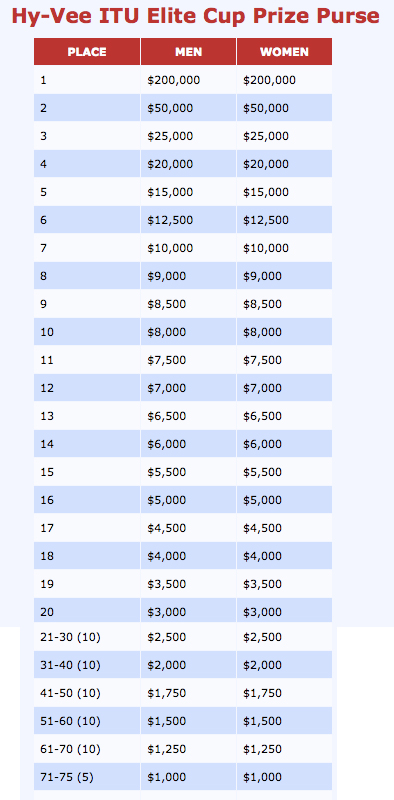Well I finally made it – I am now a resident athlete at the Colorado Springs Olympic Training Center! “Made it” not only in the sense that my days of epic solo road trips are over (Orlando to San Diego in December and San Diego – OK City – Austin – Colorado Springs more recently), but also in the sense that I finally get to live and train in the place that I believe is the best for me to excel in triathlon. I was lucky enough to be able to train here during summer break in 2007 and 2008 and I always left in the best shape of my life. I am about to start my third week up here and I can already tell that I’m going to do well.

Pike’s Peak here in Colorado Springs.
The main reason I do so well up here is the altitude. “Altitude training” is generally considered anything over 3,000 feet above sea level. That is the point that the lack of oxygen begins to affect athletic performance. Colorado Springs is about 6,000 feet above sea level. What’s more, I live on the third floor so that puts me at about 6,090 feet above sea level! Ha. But seriously, there just isn’t a lot of air up here. Some people do better than others at altitude, but I can report that I do very well up here. I am not really affected much by the altitude in terms of my ability to output the same swim speed/cycling wattage/run speed. I know what you’re saying: You’re saying, “Kevin, that just doesn’t make any sense. You should be going four percent slower in the pool, or be putting out 25 watts fewer, or be running 11 seconds per mile slower!” Those are all very good points and in fact I’m sure that they are all completely correct. Physiologically if someone tested me while swimming, biking, or running I’m sure my heart rate and lactate levels would be higher at altitude when compared to the same effort level at sea level. All I’m saying is that my perception of the paces is unchanged – it doesn’t seem to hurt any more up here than at sea level and I think that’s pretty cool. There is one catch though…recovery. I don’t recover nearly as fast as I do at sea level. Maybe this will change after I adapt to altitude a bit better but currently I would guess that I recover ten percent slower.
Speaking of adapting: How long does it take to “adapt” to altitude? The general rule is three weeks. The body takes about that much time to react to the lack of oxygen and create more red blood cells. I can attest to having as much as a ten percent rise in hematocrit (the portion of blood volume occupied by red blood cells) and hemoglobin (oxygen transport mechanism in red blood cells) after three weeks. I never made it much past three or four weeks at altitude in the past so I can’t say what happens after that.
That’s all for now. My next race is the HyVee World Cup in Des Moines, Iowa on June 27. I’m hoping for another good performance but even 75th place doesn’t seem that bad:
